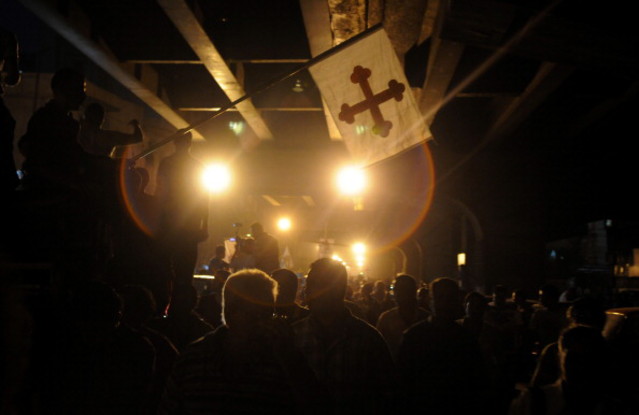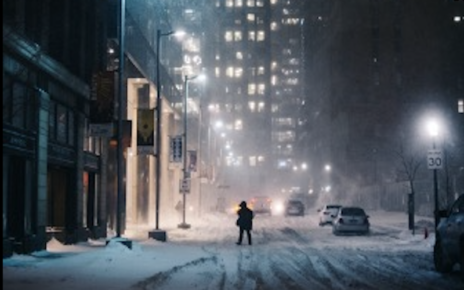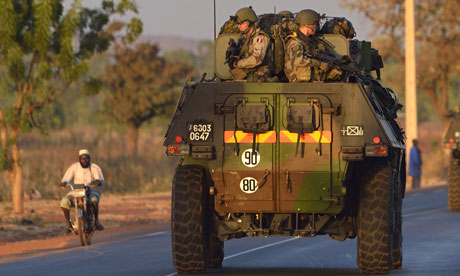From a rally outside the House of Lords in London, to a protest in Egypt’s Aswan – Milosz Zak recounts his experiences with the Copts in Morsi-era Egypt, a country with a pluralistic society, for a time captured by the democratically elected, exclusionary politics of an Islamist majority, now in its second attempt at an inclusive democracy, following the popularly supported military coup.
[captionpix align=”centre” theme=”elegant” width=”600″ imgsrc=”http://farm5.staticflickr.com/4139/4925944429_30a2aa0559_b.jpg” captiontext=” “]
Cairo – A harmonious tapestry or face-value coexistence, the calm before the storm
When I flew in to Cairo, I was justifiably apprehensive. Weeks before, the cities of the Delta exploded in a slew of violence following the handing out of 21 death sentences, after 70 were left dead at a soccer riot. Surprisingly, the city of a thousand minarets – Cairo, was quiet.
Driving around downtown Cairo (a feat not to be attempted by foreigners) it was immediately clear that the Copts are a very visible, well-known community within Egypt, with grand, well-kept cathedrals in the Coptic style next to equally grand Mosques, churches and separate schools. At the same time, many European-styled, glass-panelled street-level businesses appeared to be owned by Copts, such as Egypt’s Sawiris Family, with a net worth in the billions, who own the Orascom Group, and is engaged in everything from telecommunications and television to construction and hotel tourism.
Although it is easy to identify the signs of the Coptic community in Cairo, Alexandria, Luxor or Aswan, it is difficult for foreigners to immediately spot actual Copts – that is, until you shake their hand.
Very early in childhood Copts in Egypt have a simple blue-green cross tattooed on their right wrist as part of a traditional interpretation of the religious deeds of Girgis, better known as St. George in the West. At certain angles, it is possible to see the inconspicuous tattoo when shaking hands with a Copt, although I was told that noticeably turning one’s handshake to one side for a better view is apparently impolite – it is a fascinating symbol of community and a form of identification amongst the Copts.
Egypt has a long history of sectarian friction, not only between Muslims and Christians since antiquity, but also between both religions and the Jews. It is estimated that less than a hundred Jews remain in Egypt today, but even then the conditions under Morsi were not conducive to closer relations. In fact, from conversation, it appeared the Islamists were not very interested in keeping a tight lid on sectarian violence, as had the regime of Mubarak – the countryside became as sort of Wild West, with the sheriffs standing idly by.
[captionpix align=”right” theme=”elegant” width=”350″ imgsrc=”http://www.bloomberg.com/image/iuVKk2d0okEE.jpg” captiontext=”Egyptian Coptic Christians clash with soldiers and anti-riot police during a protest against the attack on a church, in southern Egypt, in Cairo. 2011. Photographer: Owaise Mahmoud/AFP/Getty Images”]
For some time now, the global community has been aware of audio and video recordings of Mohamed Morsi publically demonstrating his flagrant anti-Semitism, words which the White House publically rejected, and Jon Stewart satirized. In a few short moments, Morsi self-categorized himself into the same group as Iran’s Ahmadinejad, and most of Hamas and Hezbollah.
Morsi’s statements made it clear that he did not respect people of different faiths.
The former President cannot be personally blamed for attacks on Christian Copts since the fall of Mubarak or his own election to the Presidency. He can be blamed, however, for creating an atmosphere of permissibility while his Islamist-led coalition dominated political life. Steadily, matters of religion entered social policy, resulting in a breakdown of policing, thus inviting local groups to dispense justice. The police apparatus, an instrument of hidden unemployment but also fervent nationalism, statism, and anti-Islamism, did its best to do the very least with Morsi in power.
In a sense, the police abandoned Morsi and government, and only returned to the streets following his ousting. Similar spontaneous reversals occurred in state logistical services governing the delivery of fuels and electrical power, resulting in depressed production and evermore frustrated consumers who blamed Morsi. While at face-value Morsi may come across as a tragic figure, most Egyptians will tell you he asked for it – mainly because of his politics of exclusion in a country of contrasts.
Egypt’s police service remains a creature of the Mubarak era, trained to distrust Islamists. It is possible local authorities could never stomach the coming to power of political Islam, when it had been a decades-old mandate to root out extremism, repress and imprison radicals, and combat terrorists.
With Cairo quiet, I thought myself lucky.
It was time for me to fly south to Upper Egypt, which remains to this day a sleepy collection of the most spectacular rural villages nestled along the Nile one could ever imagine.
Though it might have seemed as if time had stopped in Egypt’s South, political awareness kept up with the North, and with the capital – as it turned out, cities such as Luxor and Aswan rivalled Cairo in terms of revolutionary fervour; I would experience this first-hand in a very real Egyptian anti-government protest.
For the rest of Milosz Zak’s three part series see:
Part One: Egypt before the Coup (Part One): “London Calling”, Sidelined Pluralism, and the Rule of the Majority
Part Three: Egypt before the Coup: Economic Ignorance, Sectarian Friction, and the “Deep State”




